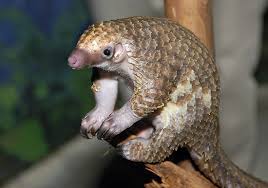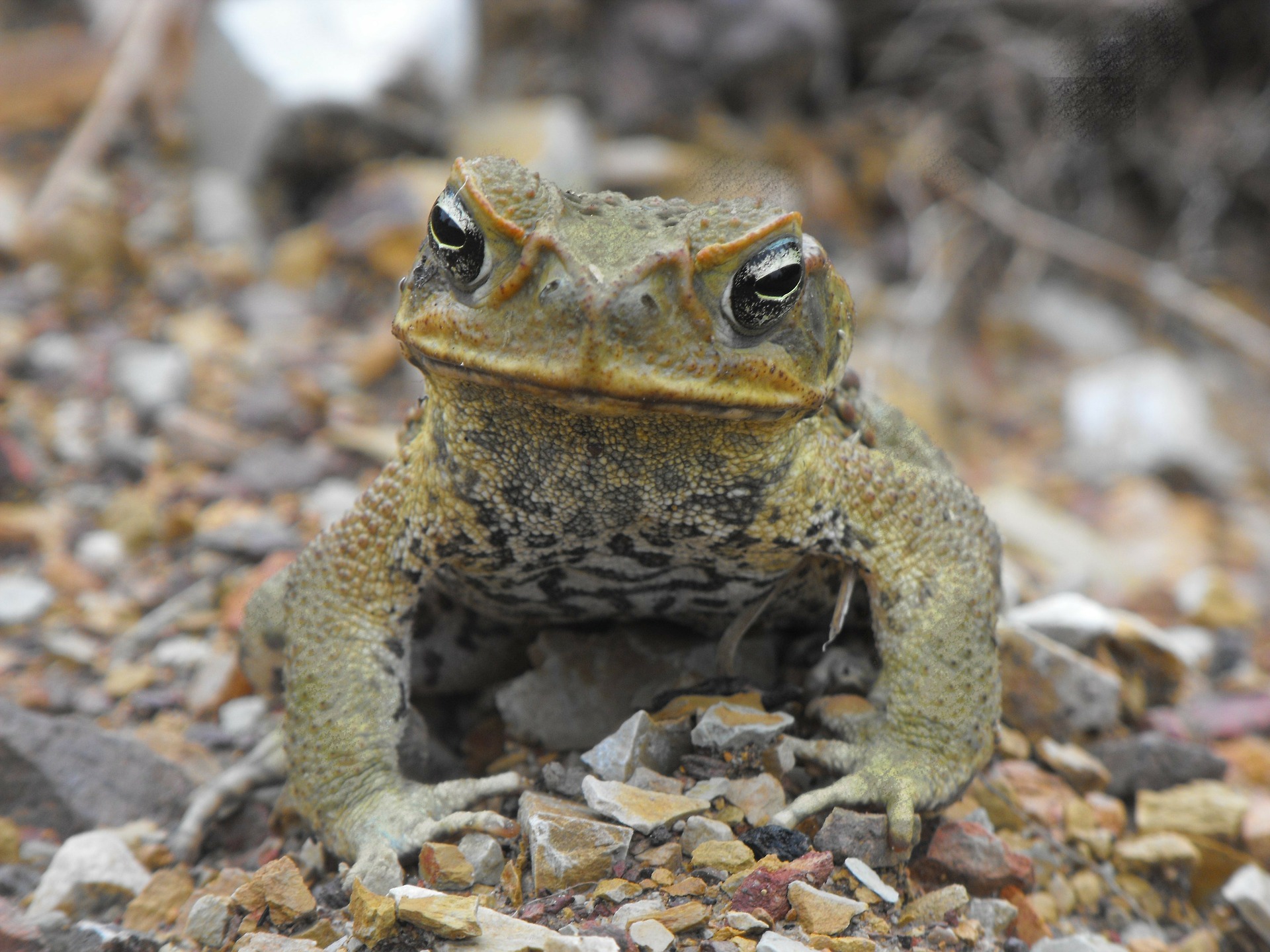Pangolins are increasingly threatened by demand for their scales, which are used in traditional medicines, and for their meat, which is consumed as a luxury.
Associate Professor Phill Cassey along with staff from TRAFFIC have been researching ways to protect the Pangolin which has been published in paper with the title “Taking a stand against illegal wildlife trade: the Zimbabwean approach to pangolin conservation”
As populations of Asian pangolins decline, the demand is shifting to the four species in Africa, where local cultural use may already pose some level of threat. During 2010−2015 a total of 65 pangolin-related seizures (surrendered and confiscated) were reported in Zimbabwe, with the annual number of confiscations increasing significantly over this period.
Zimbabwean authorities have toughened their stance against this trade, and during January−June 2015 three-quarters of confiscations of pangolins (n = 12) resulted in the maximum jail sentence for at least one of the offenders in each case. At present there is no evidence that pangolins are being traded from Zimbabwe to China, and the increased enforcement may be key to ensuring Zimbabwe’s pangolins are not threatened by the large-scale illegal trade witnessed in Asia.
Read the article to find out how Phill’s research is tackling wildlife trafficking by providing advice to policy makers in order to prevent a possible pangolin trade crisis.





